Overview
Map
Other Details
كنيسة مار أنطونيوس البادوانيّ الجديدة
Mayrouba
Keserwan
Mount Lebanon
كنيسة مار أنطونيوس الجديدة - ميروبابنيت الكنيسة أواسط القرن العشرين، بهندسة حديثة. مدخلها كلاسيكيّ الهندسة. لوحة مار أنطونيوس البادوانيّ غير موقّعة، تتميّز كون القدّيس يتلقى البركة من الطفل يسوع وهو يضمّ يديه بشكل صليب.The new church of St Anthony of Padua - MayroubaThe church was built in the middle of the XXth century. The entrance has neoclassical motifs. St Anthony’s painting is not signed and is original, representing the saint getting the blessing from the Child Jesus having his hands crossed.
Visited 1567 times, 5 Visits today

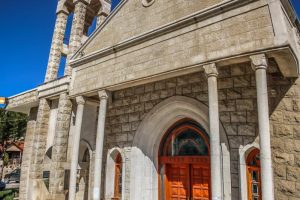
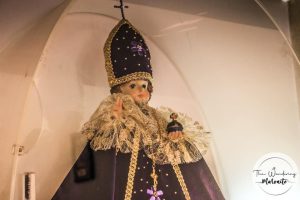
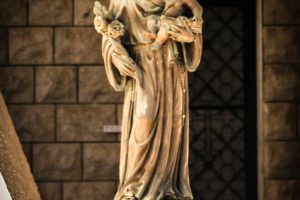
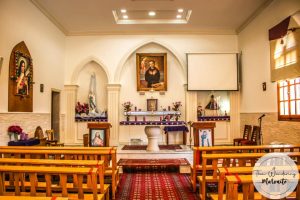




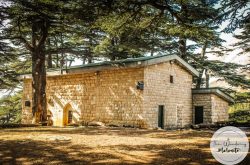
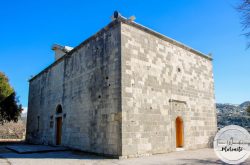
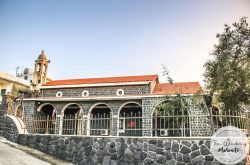
Reviews are disabled, but trackbacks and pingbacks are open.